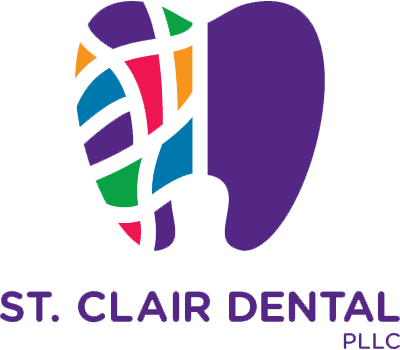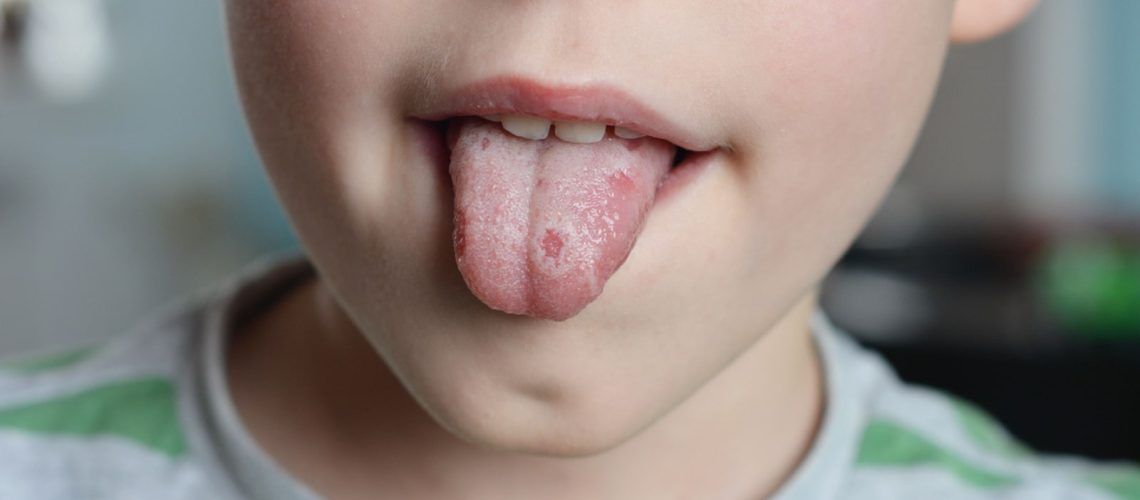At St. Clair Dental PLLC, we often hear about common oral health concerns such as tooth decay and gum disease. However, there are less common oral health conditions that affect many people in the world, one of them being oral lichen planus. Oral lichen planus is an autoimmune disease that affects the mucus membranes inside the mouth. While the condition doesn’t have a cure, it can be treated and managed. Through this short guide, we’ll explain what this condition is, what symptoms it causes, and how it can be treated and managed.
What is Oral Lichen Planus?
Oral lichen planus is an autoimmune disorder that affects the oral mucosa, the mucus membranes inside the mouth. When this condition develops, it often causes pain and discomfort along the inner lining of the mouth. Some of the most prominent symptoms seen with this condition include:
- White patches or fine lines in the oral cavity.
- Open sores or ulcers.
- Burning sensations or discomfort in the mouth.
- Dry mouth.
- Red or inflamed areas in the oral mucosa.
- Abnormal tastes.
Although there is no cure for this condition, there are various treatments that can be used to alleviate its symptoms. If you experience any of these symptoms, it’s important to seek treatment from your dentist, as they are the most qualified professionals able to provide treatment. Some of the treatment options that can be used to help manage oral lichen planus include:
- Topical Corticosteroids: Corticosteroid ointments, creams, and mouth rinses can be prescribed to help reduce inflammation, redness, and discomfort.
- Systemic Corticosteroids: When topical treatments are unable to provide relief, oral corticosteroids can be given to help suppress the immune system and reduce inflammation.
- Immunosuppressants: Medications such as cyclosporine and tacrolimus may also be prescribed to manage oral lichen planus. These medications work to reduce the immune system’s activity and minimize its symptoms.
- Retinoids: Retinoids, derived from vitamin A, can be used as a treatment option for oral lichen planus and help normalize cell growth inside the mouth.
- Laser Therapy: When medication is unable to provide relief, then laser therapy can help remove signs of white patches and open sores in the mouth.
- Saliva Substitutions and Oral Moisturizers: As dry mouth is a common symptom with oral lichen planus, saliva substitutes, and oral moisturizers can also be provided to alleviate dryness.
It’s important to remember that these treatment approaches can vary depending on the severity of the condition and the specific health concerns of each patient. Your dentist will be able to evaluate your condition and develop a personalized treatment plan to address your unique needs with regular follow-up appointments and oral examinations to monitor your condition.
Visit St. Clair Dental PLLC For Your Biannual Checkup Today!
At St. Clair Dental PLLC, our team is dedicated to providing you with comprehensive, compassionate oral health care. When you choose us as your oral health provider, you can trust us to provide the best care you need to ensure the longevity of your smile. To schedule an appointment with Dr. Maureen Karl, please call (817) 910-2880 or visit our clinic in Granbury, TX, today!

